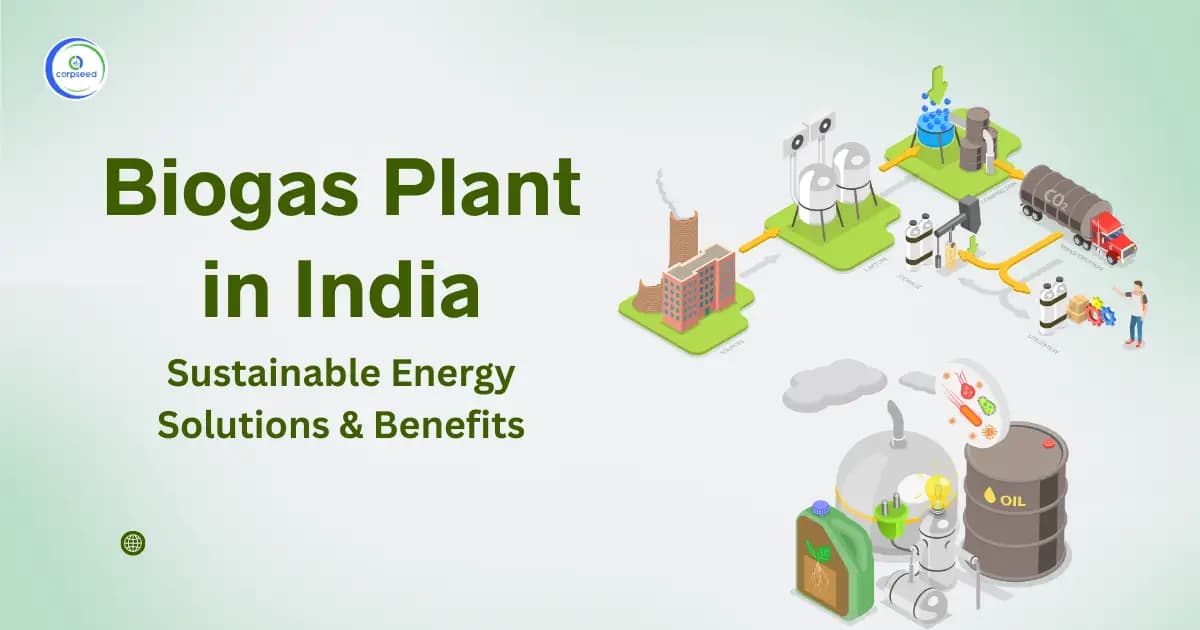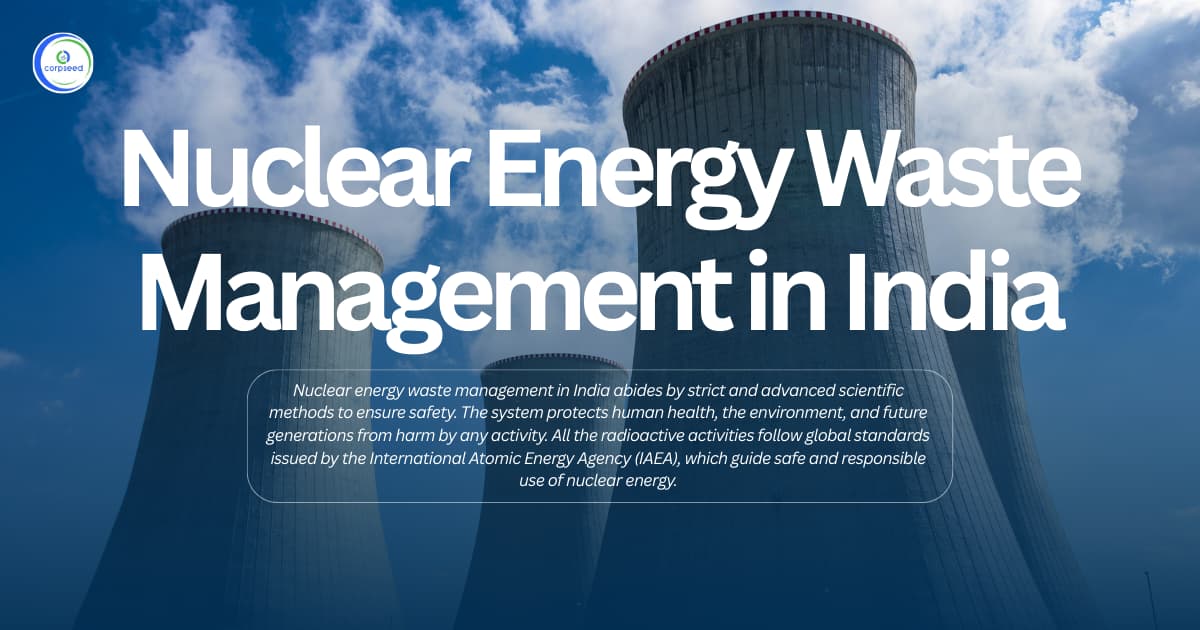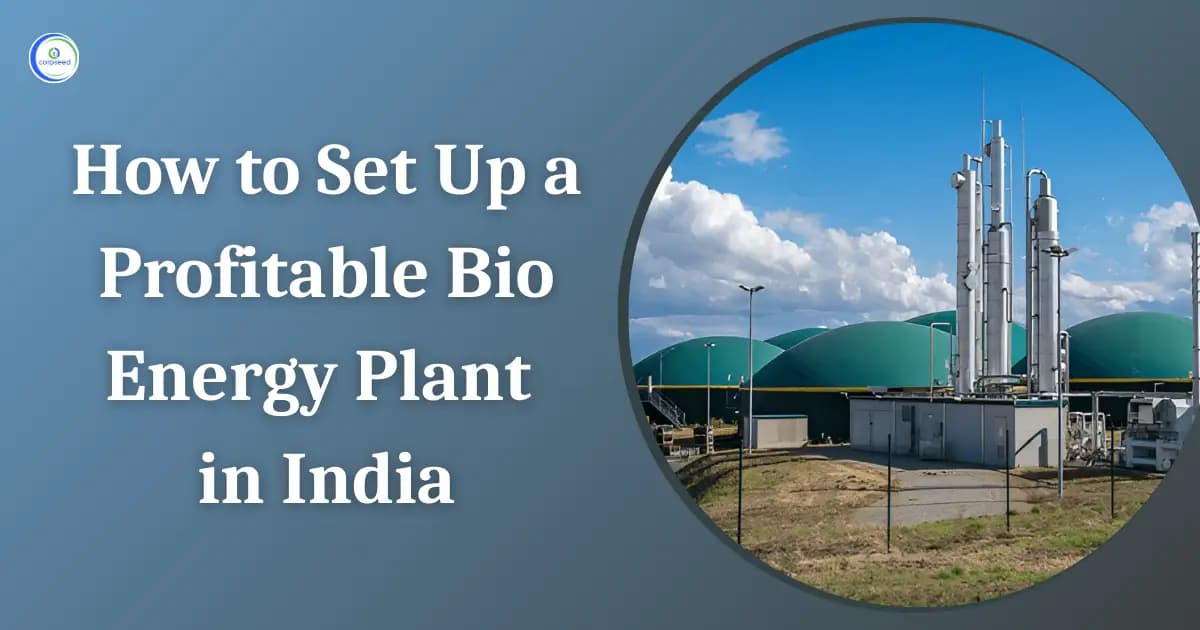
Loading...

SAF stands for Sustainable Aviation Fuel. It is produced by agricultural waste, solid waste and other forestry residues. These bio-waste materials are used in the SAF production facility as feedstock and the bio-zet fuel is produced. It is safer and more efficient than conventional jet fuel in terms of carbon emission and sustainability.
About the Author

Yash Chauhan is a law graduate from the University of Delhi and a skilled content writer at Corpseed. With a keen interest in the legal industry, he specializes in writing articles on contemporary legal developments, corporate compliances, business regulations, environmental circulars, and licensing procedures. His well-researched and insightful content provides valuable information to businesses and individuals navigating the legal landscape.
Related articles

Biogas Plant in India: Sustainable Energy Solutions & Benefits
2026-01-10

Nuclear Energy Waste Management in India
2025-12-26

Uttar Pradesh Issues New Rules for Captive and Renewable Energy Generating Plants
2025-11-01

Opportunity to Set Up CNG Stations with GAIL Gas Limited under DODO Model
2025-09-30
.webp&w=1536&q=75)
India’s Biomass Energy Industry Growth: Key Drivers, Challenges & Advancements
2025-09-01

How to Set Up a Profitable Bio Energy Plant in India
2025-08-29